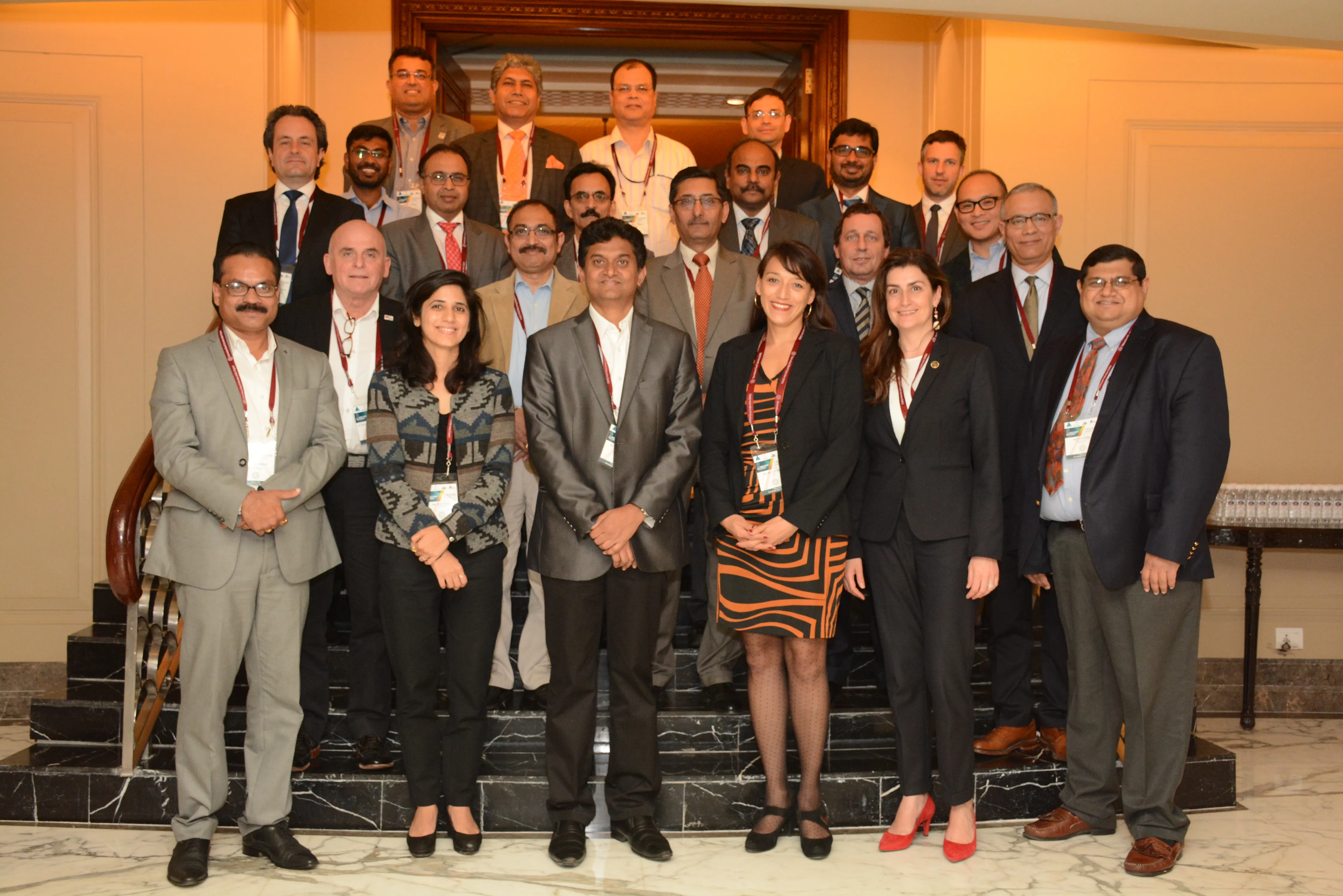Spain’s Indra has announced it is leading a consortium of nine companies on the Ciudad 2020 project to address innovation in transportation, the Internet of the future, energy efficiency, environmental sustainability and the relationship between citizens and their city. The project is one of the first industrial research projects within the Innpronta Programme of Spain’s Ministry of Economy and Competitiveness' Centre for Technological Industrial Development (CDTI). Ciudad 2020, which has a US$20.5 million
May 28, 2012
Read time: 2 mins
Spain’s 5264 Indra has announced it is leading a consortium of nine companies on the 5761 Ciudad 2020 project to address innovation in transportation, the Internet of the future, energy efficiency, environmental sustainability and the relationship between citizens and their city. The project is one of the first industrial research projects within the Innpronta Programme of Spain’s Ministry of Economy and Competitiveness' Centre for Technological Industrial Development (CDTI).
Ciudad 2020, which has a US$20.5 million budget, aims to develop a new model of smart cities that takes advantage of the latest technologies from a multidisciplinary approach and is based on five fundamental pillars: the city connected to the Internet of the future; energy and efficiency; mobility and sustainable transportation through the application of ITS; environmental sustainability and well-being of citizens; and urban citizen behaviour and relationships with the city.
In terms of ITS, the project plans to develop new solutions that will minimise contaminating emissions and prevent traffic congestion as well as reduce the direct and indirect costs involved. To do so, integrated (intermodal) urban transportation services will be promoted and the adoption of the most ecological and sustainable methods of transportation will be facilitated, such as electric vehicles or non-mechanical alternatives.
Ciudad 2020, which has a US$20.5 million budget, aims to develop a new model of smart cities that takes advantage of the latest technologies from a multidisciplinary approach and is based on five fundamental pillars: the city connected to the Internet of the future; energy and efficiency; mobility and sustainable transportation through the application of ITS; environmental sustainability and well-being of citizens; and urban citizen behaviour and relationships with the city.
In terms of ITS, the project plans to develop new solutions that will minimise contaminating emissions and prevent traffic congestion as well as reduce the direct and indirect costs involved. To do so, integrated (intermodal) urban transportation services will be promoted and the adoption of the most ecological and sustainable methods of transportation will be facilitated, such as electric vehicles or non-mechanical alternatives.







